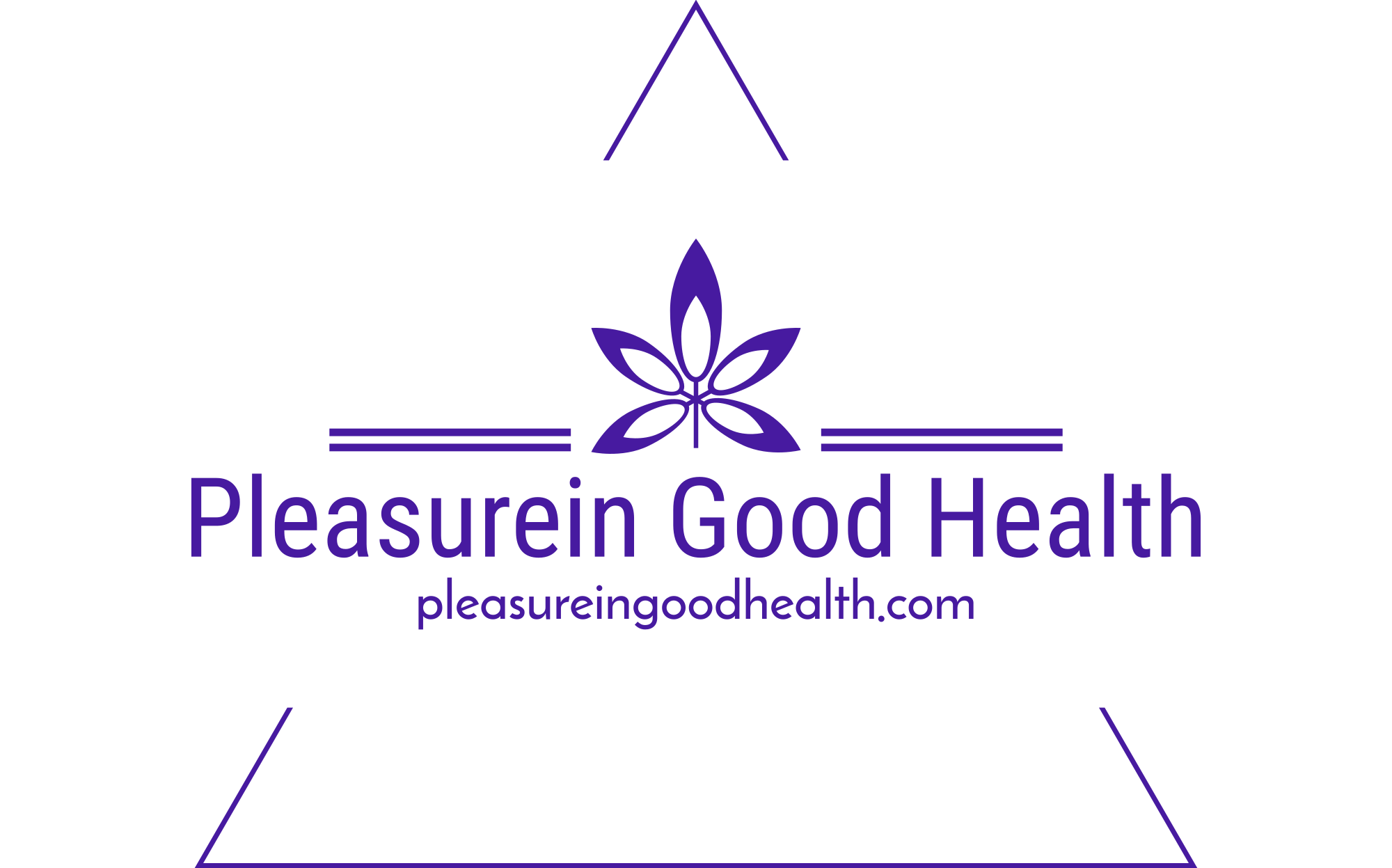The liver plays a crucial role in detoxifying the body, metabolizing nutrients, and producing essential proteins. Ensuring its optimal function is vital for overall health. Certain vitamins are particularly beneficial for supporting liver health and function. This guide explores the role of vitamins in liver health and which ones are most beneficial.
Understanding Liver Health
What is the role of the liver in the body?
The liver is the body’s largest internal organ and performs over 500 essential functions. It processes nutrients from food, produces bile for fat digestion, detoxifies harmful substances, stores vitamins and minerals, and regulates blood sugar levels.
Why is liver health important?
Maintaining liver health is crucial for overall well-being because a healthy liver supports digestion, metabolism, immunity, and detoxification. Poor liver function can lead to various health issues, including fatty liver disease, hepatitis, and cirrhosis.
Essential Vitamins for Liver Health
1. Vitamin A
How does Vitamin A support liver health?
Vitamin A is essential for maintaining liver function and supporting the liver’s ability to detoxify. It helps in the regeneration of liver cells and protects against liver damage.
2. Vitamin D
What role does Vitamin D play in liver health?
Vitamin D is important for reducing inflammation in the liver and may help prevent non-alcoholic fatty liver disease (NAFLD) by improving insulin sensitivity.
3. Vitamin E
How does Vitamin E benefit liver health?
Vitamin E is a potent antioxidant that protects liver cells from damage caused by free radicals and toxins. It also supports immune function in the liver.
4. Vitamin C
What is Vitamin C’s impact on liver health?
Vitamin C supports liver detoxification processes and helps in the production of glutathione, a powerful antioxidant that aids in liver cleansing.
5. Vitamin B Complex
How do B vitamins contribute to liver health?
B vitamins, including B1, B2, B3, B6, B12, and folate, play crucial roles in liver function, such as aiding in energy production, detoxification, and the metabolism of fats and proteins.
FAQs About Vitamins and Liver Health
What are the best food sources for these vitamins?
Each vitamin has specific food sources that can naturally boost liver health. For instance, vitamin A is abundant in carrots, spinach, and liver; vitamin D can be obtained from fatty fish like salmon and fortified dairy products; vitamin E is found in nuts, seeds, and vegetable oils; vitamin C is plentiful in citrus fruits, berries, and bell peppers; and B vitamins are present in whole grains, lean meats, and leafy greens.
Can supplements help improve liver health?
In some cases, supplements can be beneficial, especially if there are deficiencies. However, it’s essential to consult with a healthcare provider before starting any new supplements, as excessive amounts of certain vitamins can be harmful to the liver.
Are there specific vitamins that should be avoided if you have liver disease?
Yes, individuals with liver disease should be cautious with vitamin A supplementation, as excessive amounts can accumulate in the liver and cause toxicity. High doses of certain B vitamins, such as niacin (B3), should also be avoided without medical supervision.
What lifestyle habits support liver health in addition to vitamins?
Maintaining a healthy weight, avoiding excessive alcohol consumption, eating a balanced diet rich in fruits and vegetables, exercising regularly, staying hydrated, and avoiding toxins such as pesticides and pollutants are all crucial for supporting liver health.
How does alcohol affect the liver’s ability to process vitamins?
Excessive alcohol consumption can impair the liver’s ability to metabolize vitamins, particularly B vitamins. It can also lead to liver inflammation and damage over time.
Can vitamins help reverse liver damage caused by diseases like hepatitis or fatty liver disease?
While vitamins alone cannot reverse severe liver damage, they can support liver function and health when combined with medical treatments and lifestyle changes. For example, vitamin E has shown some promise in reducing liver damage caused by NAFLD.
Is there a specific vitamin regimen recommended for individuals with liver disease?
The recommended vitamin regimen can vary depending on the type and severity of liver disease. Generally, a balanced diet rich in vitamins A, D, E, C, and B complex is beneficial. However, personalized recommendations should be obtained from a healthcare provider.
Are there any warning signs that indicate poor liver health?
Symptoms of poor liver health include fatigue, jaundice (yellowing of the skin and eyes), abdominal pain and swelling, nausea or vomiting, dark urine, and pale-colored stools. If you experience any of these symptoms, it’s important to seek medical attention promptly.
What role do antioxidants play in liver health?
Antioxidants such as vitamins A, C, and E help protect liver cells from oxidative stress caused by free radicals. They neutralize harmful molecules and support the liver’s natural detoxification processes.
How can someone assess their liver health?
Liver function tests, including blood tests that measure enzyme levels and other markers of liver function, can provide valuable insights into liver health. Imaging studies such as ultrasound or MRI may also be used to assess liver structure and detect abnormalities.
- Traptox Aka Trapezius Botox Treatment Near Bramley, Surrey - May 20, 2025
- Lip Flip Treatment Near Long Ditton, Surrey - May 19, 2025
- What Breadcrumbing Tells You About A Partner’s Intentions - May 18, 2025

